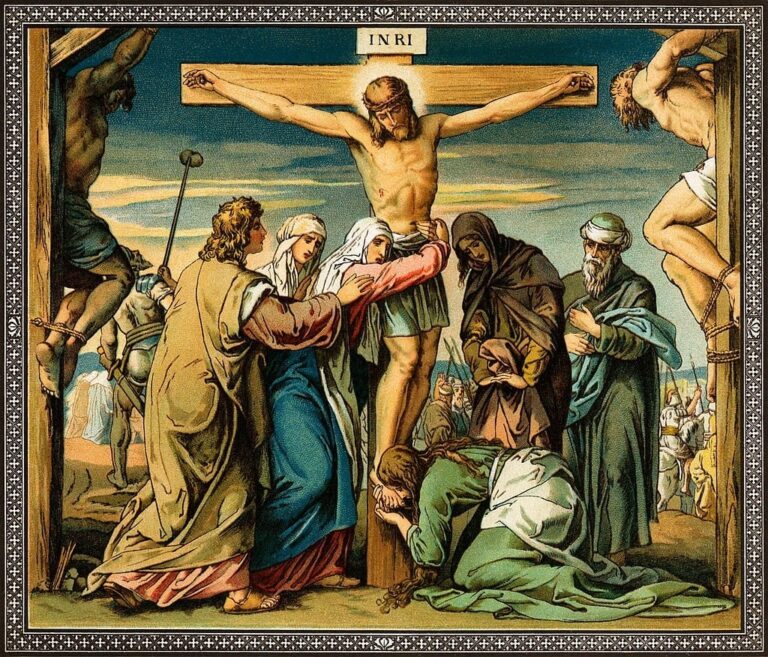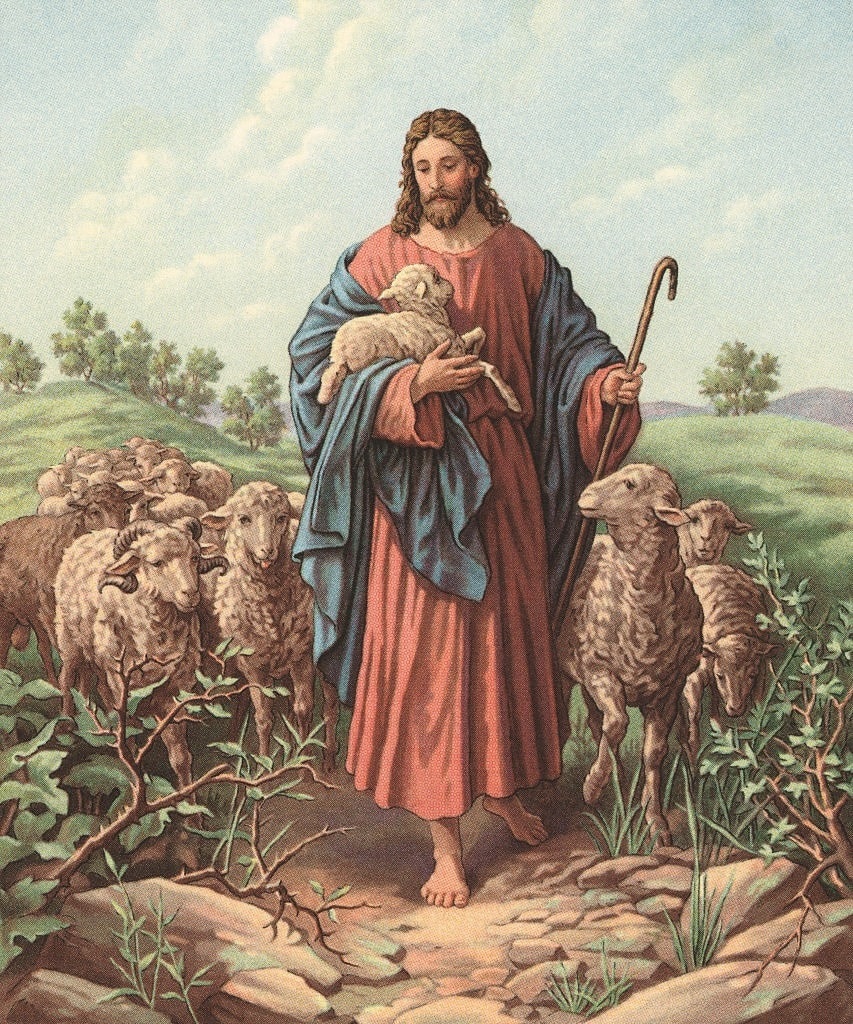Easter: History and Facts
Why do we celebrate Easter?
By: Kirsten Brooker | April 20, 2025 | 613 Words

Jesus Christ (Photo by Culture Club/Getty Images)
For many today, Easter may seem just another holiday when kids get to restock their candy stash and receive presents. But what is Easter all about, and why do we celebrate it? There is far more meaning to the holiday than egg hunts and bunnies.
He is Risen!
The New Testament of the Christian Bible tells the story of Jesus’ crucifixion and resurrection. Both the Jewish religious leaders and the local Roman authorities felth their authority threatened by Jesus’ teachings. Though he had broken no laws, they conspired to kill him, eventually condemning him to crucifixion, a death so terrible it was forbidden by law to use as punishment against Roman citizens. Even before being crucified, Jesus was beaten and mocked on the way to his death.
The Gospel tells of how Jesus, the son of God, lived a life without sin (disobedience to God) and then died on a cross as payment for the sins of the world. Then, on the third day, he rose from the dead, leaving sin in the grave. It is by the grace of God through faith in Jesus that Christains believe they are saved from sin and reunited in a spiritual relationship with God. The price of sin is death, but by living a perfect life and dying anyway for everyone else’s sins, Jesus made it so that all wrongs can be forgiven.

Jesus Christ (Photo by GraphicaArtis/Getty Images)
Good Friday is set aside to observe the day that Jesus was crucified by the Romans. Then that Sunday marks the resurrection, and the day many Christians and even non-believers celebrate today as Easter.
Many of the traditional ways of celebrating Easter are non-Christian in nature. For example, the Easter Bunny, egg decorating, and Easter egg hunts bear no significance to the religious aspect of the holiday. In fact, other than some speculation that the Germans who came to the US related the birth of bunny rabbits in the spring to the resurrection of Jesus, there is really no connection between the two.
The Passover – The Festival of Unleavened Bread
The Passover is a Jewish celebration that commemorates God’s rescue of Hebrew ancestors enslaved in Egypt. This period is known in Judaism as the Exodus, which is also the title to the second book of the Old Testament. God asked that the Jews smear the blood of a lamb over the doorways so that when the angel of death executed judgement, those families would be spared.
As the Jews filled the city to celebrate the rescue of their ancestors, Jesus was taken to the cross for execution. Just as a lamb was sacrificed to save faithful Jews from the judgment against Egypt, Jesus was the perfect lamb whose sacrifice saves the faithful today from God’s judgement against the world. Though the two holidays are similar in meaning – and the first Easter did coincide with Passover – the two are distinct, and they don’t always happen at the same time. They’re usually very close, but the times do change. That’s because the modern, western calendar used by the Christian world is based on the solar cycle, while the Hebrew calendar still used for Jewish religious purposes is based on the lunar cycle.
During Passover, traditional Jews are not permitted to eat leavened bread. This is because God ordered Moses to avoid consuming yeast during the Passover. This means that those who participate in Judaism tend to avoid foods such as pasta, cereal, cookies, and bread during the eight-day celebration. Instead, they may eat matzo, which signifies the suffering of the Israelites at the hands of Egyptians.
















